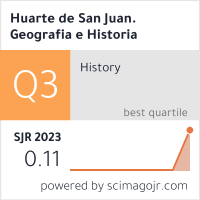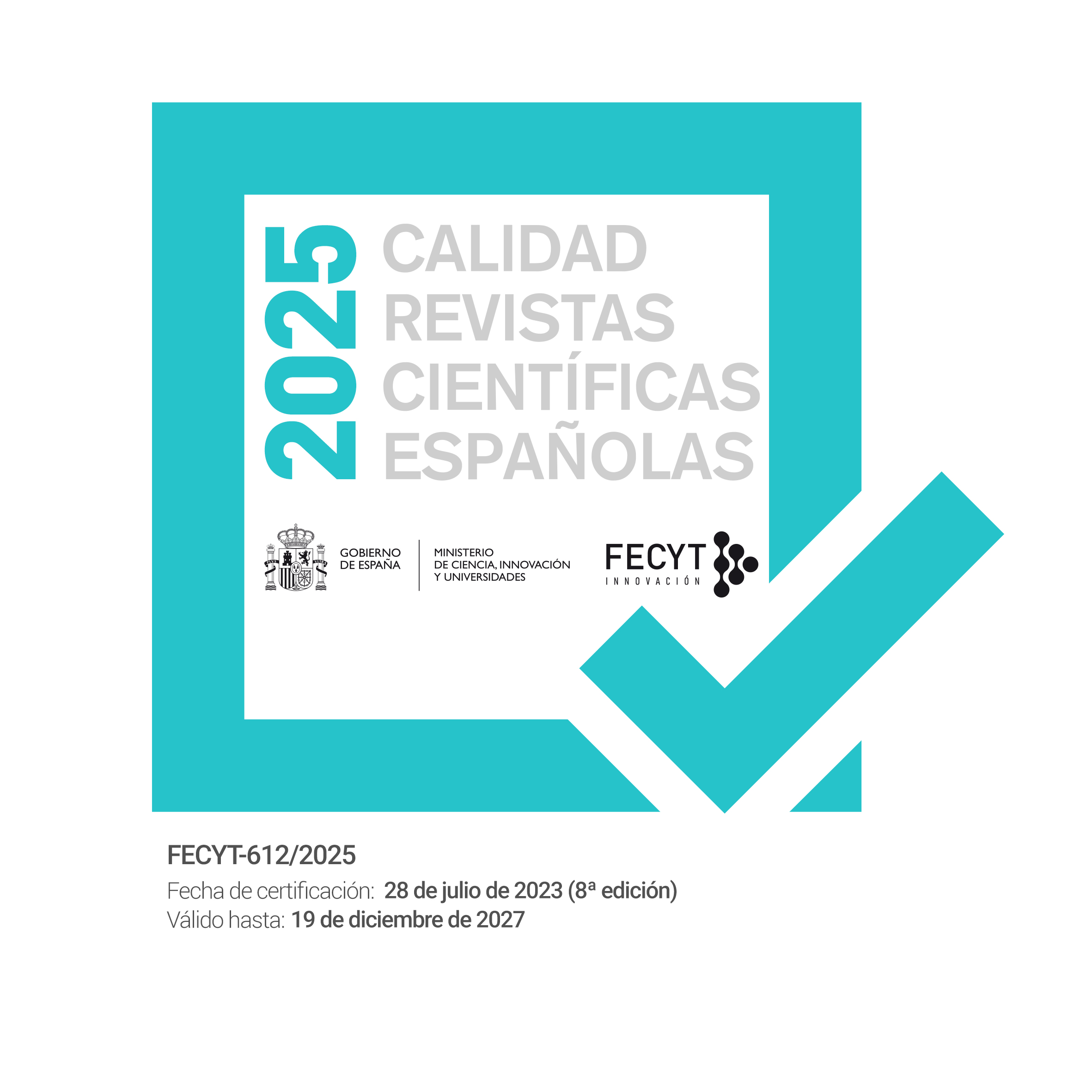CFP: "Intersectional critiques to Heritage" (HSJ, 32, 2025)
Huarte de San Juan. Geografía e Historia journal calls the monographic “Intersectional critiques to Heritage”.
Deadline to submit title and abstract: 30 June 2024 (dpalacios@geo.uned.es)
Deadline to submit the papers: 08 January 2025
Publication date: June 2025
Rules for submission and publication: http://revista-hsj-historia.unavarra.es/about/submissions
Coordinator of the issue: Daniel Palacios González (dpalacios@geo.uned.es)
Topic: Aiming at fostering debate around the idea of Heritage, we open a call for contributions that generate a critique of the concept from an intersectional perspective. In this sense, our starting point is the relevance of questioning the use of the word Heritage itself, as suggested by Claudia Pacheco Araoz, since it has a colonial, Eurocentric, and patriarchal character, originating from the idea of patriarchal inheritance, which implies an epistemological narrative conflict when imposed and applied to cultural productions that do not necessarily have to do with paternal inheritance. This idea is a fundamental part of public policies, and in this sense, Laurajane Smith raises the idea of the "Authorised Discourse on Heritage," pointing out how a specific way of seeing heritage has been imposed, and it is this discourse that frames, limits, or legitimises debates about the meaning and value of heritage. However, the problem surrounding the idea of heritage is not only epistemological. As Françoise Choay traces, the notion of heritage has a very concrete traceable origin: 15th-century Italy. Therefore, instead of formally assuming that such origin is linked to an innocent idea of Humanism and the recovery of ancient values, Arnold Hauser already argued that these interests cannot be separated from the accumulation of capital after the Crusades and the development of banking and corporatism in the same period - a critique that we can link to the historical materialist analysis of Cedric J. Jameson and Silvia Federici, detecting at that same historical moment the foundations for the development of racial capitalism as well as the division and exploitation of labour basing on gender.
If colonialism, racism, sexism, extractivism, and capitalism are intertwined in the origin of the notion of historical and cultural heritage, differentiated from natural heritage, there is no choice but to question the artefacts, landscapes, and practices that fall under this category and how society and institutions relate to them. However, we must also consider how the notion of heritage has been used within emancipatory movements in Africa, Asia, Oceania, America, and even Europe itself, emerging as a space of resistance for oppressed cultures and anti-colonial, anti-patriarchal, and anti-capitalist movements. Is this use liberating, or does it constrain the projects of these movements? We must also pay attention to possible alternatives, especially when the bourgeois construction of Modernity has brought with it the freezing of all previous culture within the framework of nation-states in what Eric Hobsbawm called "invented traditions." Therefore, is there a possible alternative to the notion of heritage, or do we not yet have the necessary material conditions for it? In this monographic issue of the Huarte de San Juan. Geografía e Historia journal, we call for contributions with texts that cover the following themes, although not exclusively, aiming at generating intersectional critiques of the notion of historical, cultural, and natural heritage:
- Critiques of the concept of historical, cultural, and natural heritage from materialist, feminist, queer, de-colonial, and racial critical theories or related to social reproduction, ecologism or animalism, among others.
- Alternatives and precedents of memorial practice that break or propose different theories from those of historical, cultural, and natural heritage.
- The use and subversion of the concept of historical, cultural, and natural heritage by anti-capitalist, anti-racist, anti-colonial, and anti-patriarchal movements throughout history in revolutionary, resistance, or emancipation contexts.
About the journal: Huarte San Juan. Geografía e Historia (ISSN: 2341-0809) is a yearly electronic journal published by Public University of Navarre since 1994. The journal focuses on the study of history from a broad perspective, from both a chronological and thematic point of view. HSJ was born with the purpose to be a space to discuss and interact open to the researching community, aiming at moving forward and delving into our historic knowledge of the different elements of the past. The journal is offered as a forum for historians to share ideas, review traditional research areas and explore new interdisciplinary approaches and areas. Accepted academic formats are basically research papers and book reviews.
The journal is published in open Access and does not charge authors the cost of processing the papers (APC). The journal counts on the quality seal of FECyT (Spanish Foundation for Science and Technology) and has recently been included in SCOPUS (SJR Q3). History-themed, it does not feature a specific chronological framework, so it accepts papers of any historical period. Articles may be written in Spanish, English and French, and papers submitted will go through a blinded peer review.








